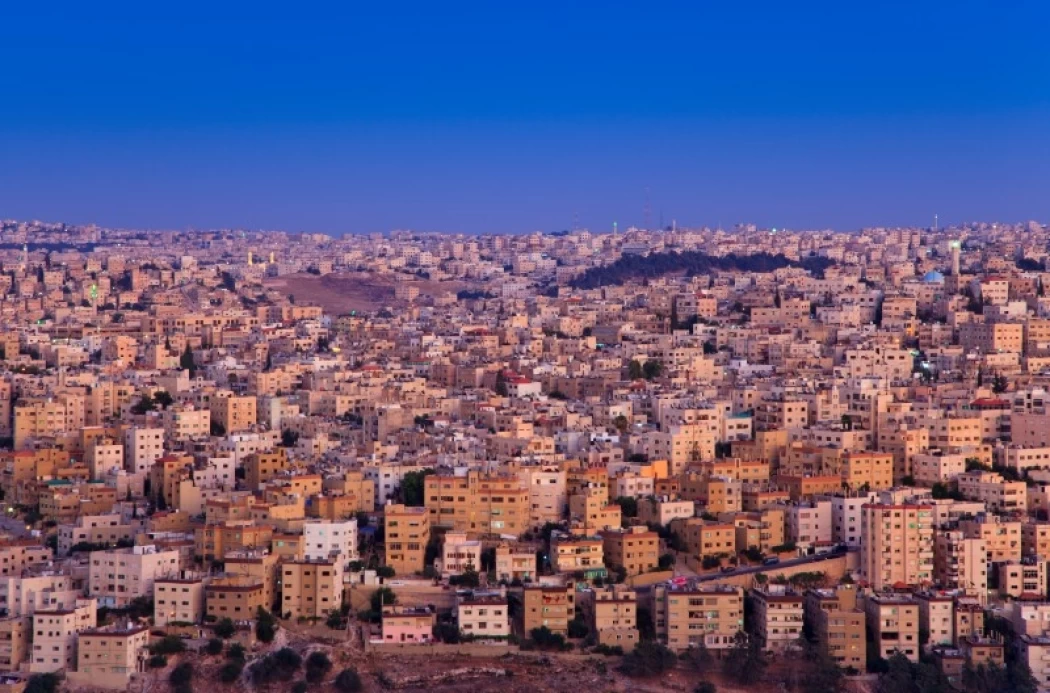
About Jordan History And Traditions
About Jordan History And Traditions
The history of Jordan includes several ancient tribes that came to live there, including the Moabites, Edomites, and Ammonites, three of the most notable and significant. The Canaanite culture in Palestine and, to a lesser extent, the Arameans from 1500 BC had an impact on these tribes. Jordan underwent Assyrian, Chaldean, Persian, and Roman rule until the first Muslim Arabs settled there, and Roman ruins can still be seen in Jerash and the Roman amphitheater in Amman. The Muslims also left many castles, palaces, and other Islamic monuments.
The Ottomans took control of Jordan during their campaign in the Arab East, and it was of particular importance to them as the Levantine pilgrimage route, in addition to being a land trade route, so they paid large sums of money to the sheikhs of the tribes living in this region to secure the pilgrimage route. The Ottomans divided Jordan into several administrative regions, the most important of which are: Balqa district, Ajloun district, Karak district.
In 1918, after the Great Arab Revolt, Faisal bin al-Hussein became the ruler of Kingdom of Arabia in Syria. Shortly, in 1920, Prince Abdullah bin al-Hussein entered Jordan and called upon the people to rise against the French colonial rule; however, the French authorities sought the assistance of his elder sibling Prince Faisal bin al-Hussein who was already in control of parts of Syria at that time and assured him that the matters concerning the Arabs would be dealt with at a later time. In 1920 AD, the British Empire built up the Emirate of Transjordan; more regimes came to follow it the most prominent of which were: The Ajloun administration and later the Karak administration.
In 1920, Prince Abdullah bin Al-Hussein arrived in Amman, took over as the head of the Jordanian government, and met with British colonial secretary Winston Churchill and British commissioner in Palestine Herbert Samuel. As a result of the meeting, Prince Abdullah bin Al-Hussein was officially recognized as the Emir of Transjordan by Britain.
The League of Nations decided to include Transjordan to the Mandate for Palestine in September 1922. A treaty of alliance and goodwill was signed between the two nations on March 22, 1946, when Britain agreed to revoke its mandate over Transjordan and Abdullah bin al-Hussein was crowned as the constitutional monarch of the Kingdom of Jordan, a title that would pass down to his male offspring.
Jordanian food customs
The Jordanian people are known among the countries of the world for their hospitality and generosity, so whatever the host's financial circumstances, the guest will not leave the host except with a full stomach and a wide smile expressing comfort and happiness, and in general, Jordanians, like other residents of the Middle East region, attach great importance to food, in which the dishes vary greatly and are famous for their distinctive taste.
One of the most famous dishes in Jordan is the traditional Mansaf, which is prepared using Arabic rice, lamb, and jamid, and is usually served on happy occasions such as weddings, parties, and funerals to symbolize togetherness during painful times.
Jordanian marriage customs and traditions
The wedding ceremony usually begins with the elders and dignitaries of the region going to the bride's “Jahha”, where the amount of the dowry is decided upon, the date of the marriage contract, is determined, and the Fatiha is recited for good fortune after the agreement.
In some villages, the wedding ceremony lasts for three consecutive days, during which they sing, and on the last night they sing to the groom, and on the wedding day the groom's family makes food and invites family, friends, and relatives to eat it.
Then the groom is married and moves to his home on a horse or by car to the marital home, and the bride moves on a horse or by car from her father's house after the ceremony there to the marital home, and presents what is known as “nakwat” to the bride and groom from the attendees and invitees, which is usually a sum of money or a valuable gift belonging to the bride and groom.
In general, customs may differ from one city to another and from one region to another there, as there are those who hold parties in different wedding halls instead of holding them in homes.














